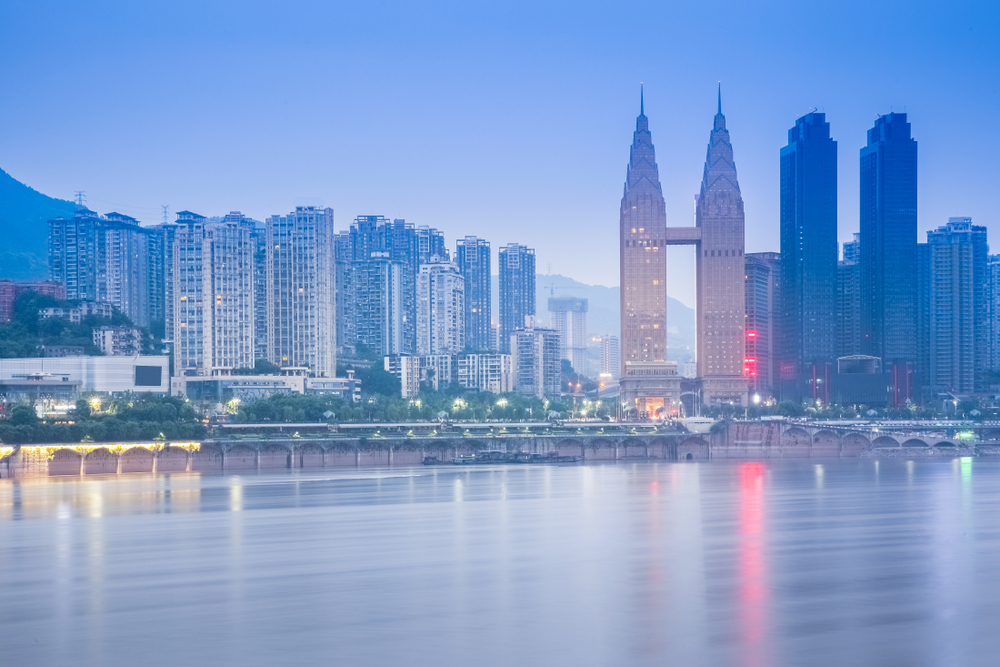Commercial investment transactions drop by 94 percent from January to May in Asia Pacific
Fortunately, real estate activity has started to pick up across the region, primarily led by China, South Korea, Taiwan and New Zealand

According to a study published by property consultant Knight Frank, the volume of realty deals, including investments of high net worth individuals and big funds in commercial properties across Asia Pacific, declined by 52 percent year-on-year or around USD44.1 billion in value, reported The Economic Times.
The ‘Recovery from COVID-19 pandemic’ study revealed that India was affected the most compared to other countries across the region, having gone through a 94 percent year-on-year dip in the first five months of the year.
In terms of volume year-on-year, the report recorded an 88 percent slump in Singapore, an 83 percent drop in Hong Kong and a 34 percent descent in China.
Knight Frank’s report also noted that several transactions were postponed in Singapore, Tokyo, Jakarta, Delhi, Bangaluru and Mumbai.
“As more companies and occupiers look to release capital, they can direct investments back into their core businesses. We expect to see more sale and leaseback opportunities come to the market,” said Neil Brookes, the head of capital markets Asia Pacific at Knight Frank.
Fortunately, real estate activity has started to pick up in primary markets across the region as they emerge from lockdowns, including China, South Korea, Taiwan and New Zealand.
More: Demand for workspaces will evolve as COVID-19 reshapes corporate needs
Knight Frank also conducted a sentiment survey involving brokers and researchers across the region, which revealed the industrial sector as the most resilient.
“All segments of real estate are impacted. Though at different paces for different segments, the sector will recover in tandem with the economic revival of the country,” said the chairman at Knight Frank India Shishir Baijal.
As for corporate occupiers, the report said that relocations and massive expansions have been put on hold.
“Despite current circumstances, there is ample capital seeking medium to long-term real estate investment opportunities in Asia-Pacific, particularly in core, safe-haven markets like Australia and Singapore. Accommodative monetary policies will ensure that the best-located assets with more robust tenant profiles will continue to be in demand,” surmised Brookes.
Recommended
Why everyone is moving to Selangor and Johor: Malaysia’s real estate comeback
Malaysia’s upturn in fortunes is especially prevalent in secondary destinations such as Selangor and Johor
Penang’s silicon boom: How the US-China tech war is supercharging local real estate
Penang’s booming semiconductor industry has created ripples within the local real estate sector
New leader, new opportunities: How Hun Manet is shaking up Cambodia’s real estate game
Hun Manet is overseeing decent economic growth and widening access to the country’s real estate market for foreigners
Singapore embraces inclusive housing reforms amid resilient demand
The Lion City’s regulatory strength continues to exert appeal for international investors








